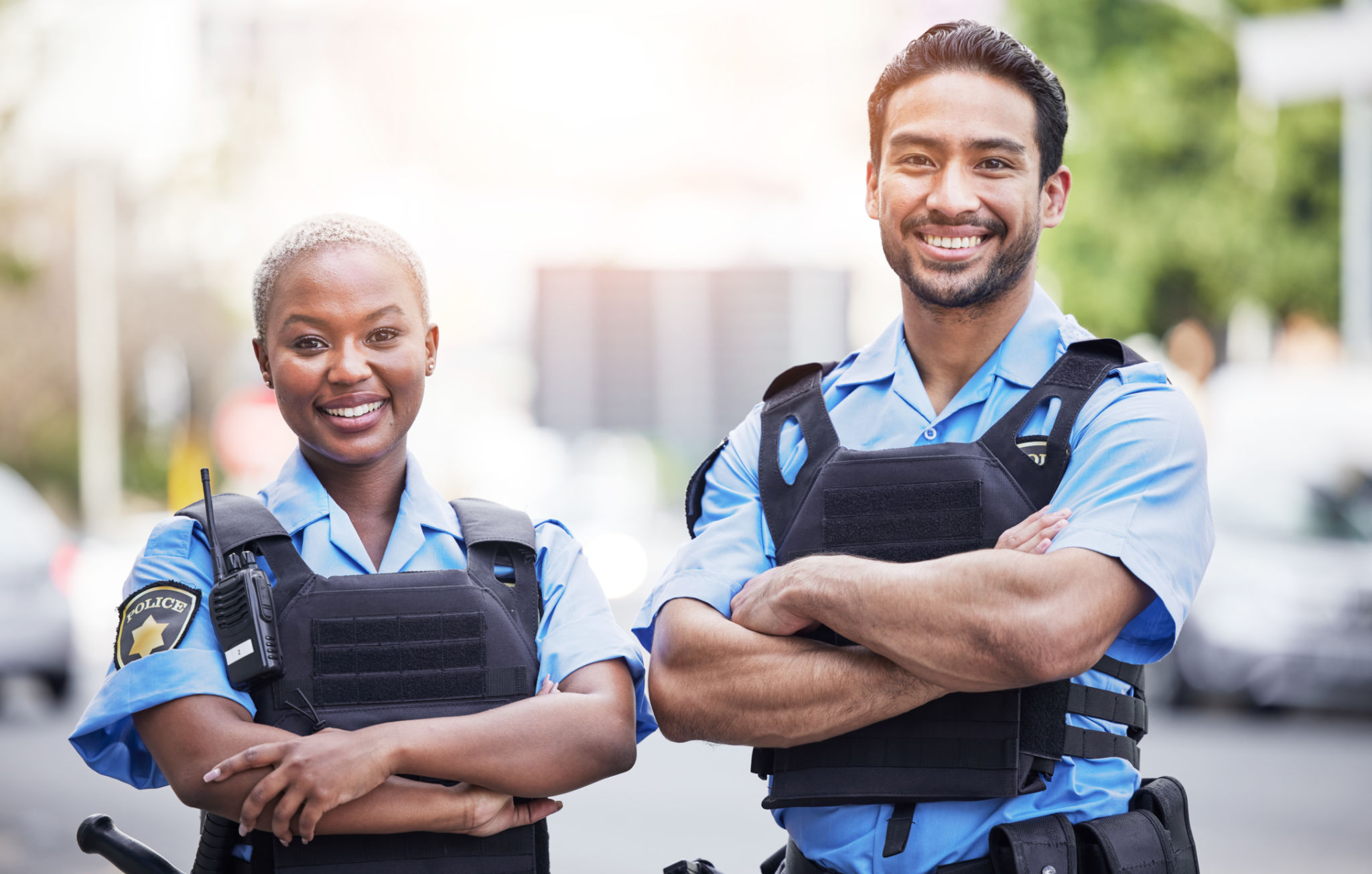Expert Tips for Effective Neighborhood Policing in Cook County
Understanding the Importance of Neighborhood Policing
Neighborhood policing is a strategy that emphasizes building strong relationships between law enforcement officers and the communities they serve. In Cook County, effective neighborhood policing can lead to safer communities, increased trust, and collaboration between residents and police. By focusing on community engagement, officers can better understand the unique challenges and needs of each neighborhood.
One of the key benefits of neighborhood policing is the development of trust. When police officers are present and actively involved in community activities, residents are more likely to view them as allies rather than adversaries. This trust is crucial for effective policing, as it encourages residents to report crimes and work with law enforcement to solve local issues.

Building Strong Community Relationships
Developing strong relationships with community members is essential for successful neighborhood policing. Officers should aim to be visible and approachable, attending community events and engaging with residents on a regular basis. This visibility helps to humanize officers, making them more relatable and approachable.
Regular communication is also vital. Officers should engage in open dialogues with community members, listening to their concerns and suggestions. By fostering a two-way communication channel, police can better address the specific issues that impact different neighborhoods.
Implementing Community-Oriented Programs
Community-oriented programs can play a significant role in enhancing neighborhood policing efforts. Programs such as neighborhood watch groups, youth engagement initiatives, and community policing councils provide opportunities for collaboration and mutual support between police and residents.

These programs not only help in crime prevention but also empower residents to take an active role in maintaining the safety and well-being of their communities. By working together, police and residents can identify potential issues before they escalate and develop strategies to address them effectively.
Utilizing Technology to Enhance Policing Efforts
Incorporating technology into neighborhood policing can greatly enhance its effectiveness. Tools such as mobile apps for crime reporting, social media platforms for communication, and data analysis software can help officers stay informed about local issues and respond more efficiently.
Using technology to gather and analyze data allows law enforcement to identify trends and patterns in criminal activity. By leveraging this information, officers can allocate resources more strategically and address potential problems proactively.

Training and Education for Officers
Effective neighborhood policing requires officers to undergo specialized training that focuses on community engagement, cultural competency, and conflict resolution. This training equips them with the skills needed to navigate diverse communities and handle complex situations with empathy and understanding.
Continuous education is also important, as it helps officers stay updated on the latest trends and best practices in community policing. By participating in workshops, seminars, and online courses, officers can refine their skills and enhance their ability to serve their communities effectively.
Measuring Success and Adapting Strategies
To ensure the success of neighborhood policing initiatives, it's important to measure outcomes and adapt strategies as needed. Metrics such as crime rates, community feedback, and levels of public trust can provide valuable insights into the effectiveness of policing efforts.
Regularly evaluating these metrics allows law enforcement agencies to identify areas for improvement and make necessary adjustments to their approach. By remaining flexible and responsive to community needs, police can continuously enhance the impact of their neighborhood policing strategies.